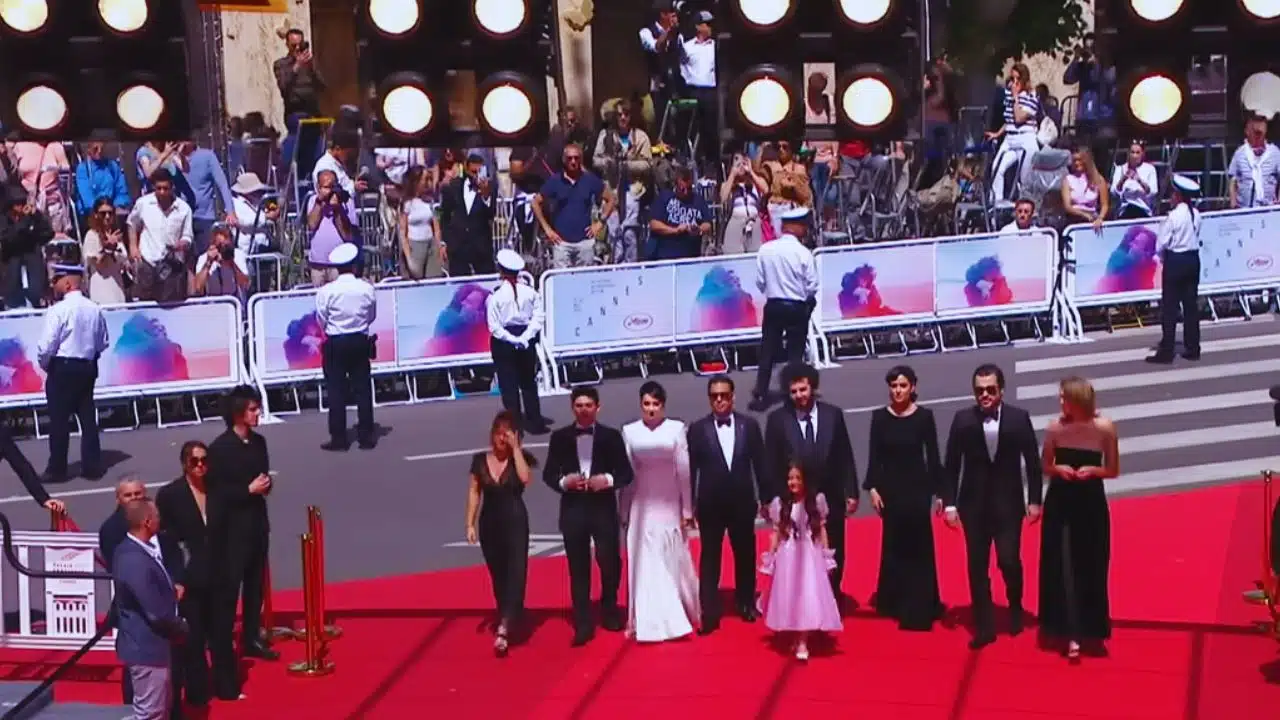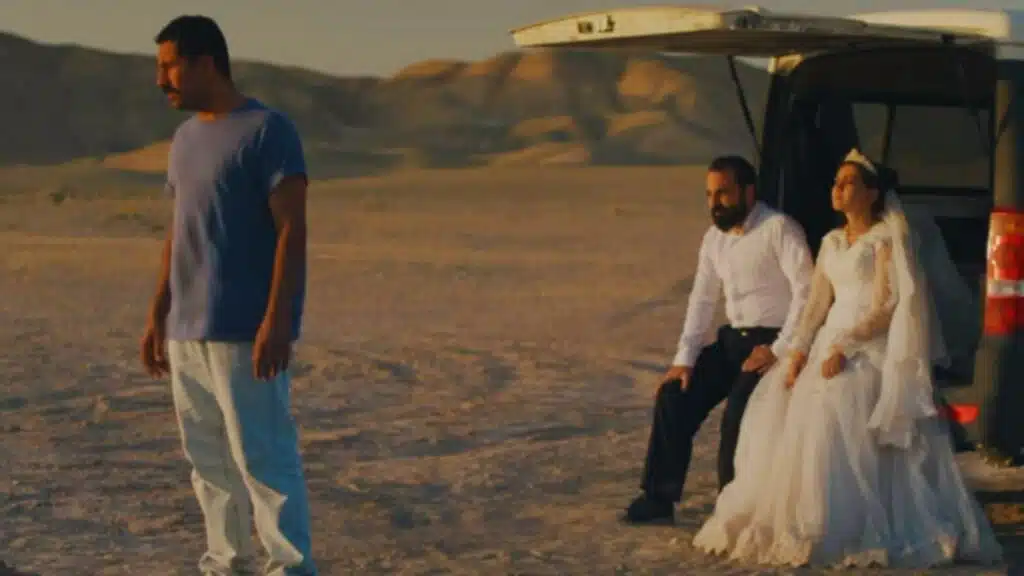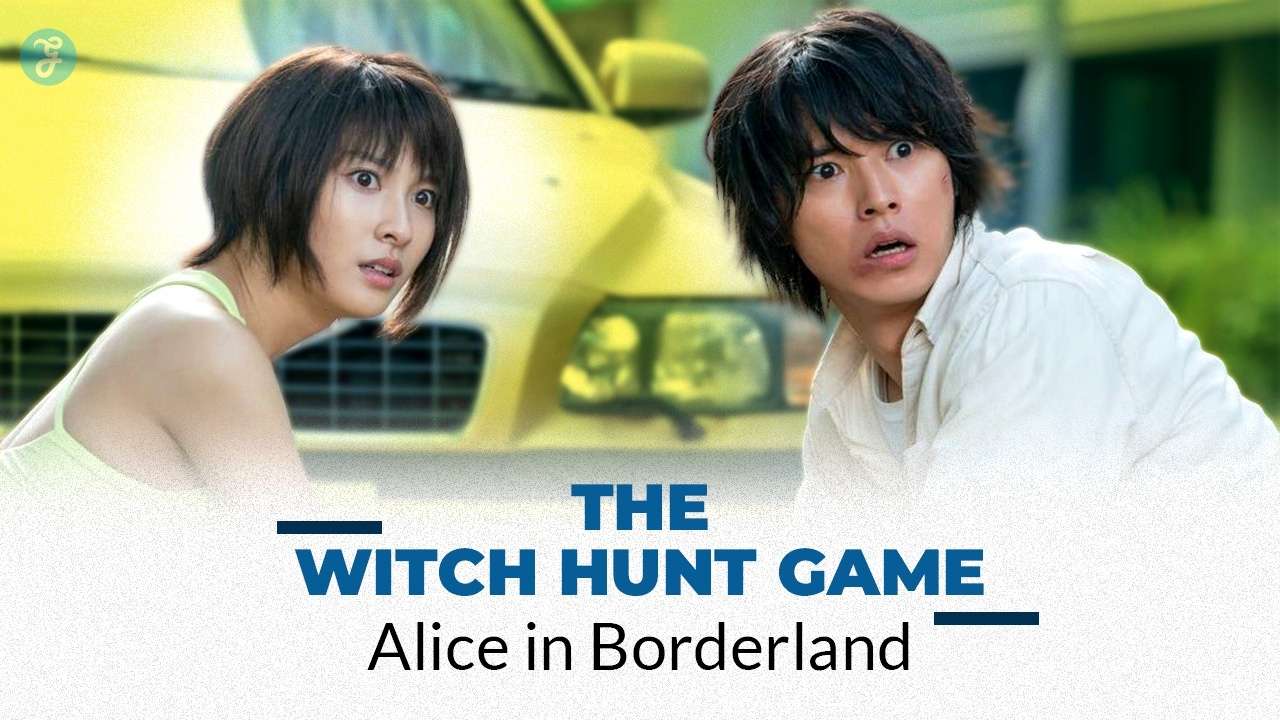The 78th Cannes Film Festival concluded on Saturday, May 24, 2025, after nearly two weeks of red carpet glamour, cinematic excellence, and politically charged conversations.
The festival ended with growing anticipation for the Palme d’Or, one of the world’s most prestigious awards in cinema. Among the top contenders for the prize are an Iranian satire on political imprisonment and a Ukrainian film examining authoritarianism, both praised for their bold narratives and artistic depth.
Iranian and Ukrainian Films Among Frontrunners
One of the most talked-about entries this year was “It Was Just an Accident” by acclaimed Iranian director Jafar Panahi. Known for his courageous defiance against censorship and state oppression, Panahi delivers a film that is both satirical and searing. The story revolves around political prisoners navigating a corrupt system where “accidents” are anything but. The film reflects Iran’s current political climate and Panahi’s own long-standing clashes with the authorities, making it a symbol of resistance and resilience. Critics have hailed it as one of his finest works to date, blending humor and tragedy in a way that few filmmakers can.
Equally stirring is “Two Prosecutors”, directed by Ukrainian filmmaker Sergei Loznitsa. This powerful drama explores themes of guilt, complicity, and justice during the Stalin-era purges. The film follows a state prosecutor who begins to question his own role in the oppressive system. Loznitsa, known for his meticulous attention to historical detail and moral introspection, offers a chilling depiction of how authoritarianism distorts human values. As Ukraine continues to face war and despotism in real life, the film has gained additional weight and urgency.
Teen Motherhood and Multigenerational Trauma on Screen
In a surprise late entry, Belgian auteurs Jean-Pierre and Luc Dardenne, two-time Palme d’Or winners, captivated audiences with “Young Mothers. This emotional and socially conscious film received a rare five-star review from The Guardian. It portrays the struggles of teenage mothers living in a care facility, drawing attention to systemic inequalities and youth vulnerability. The Dardennes’ trademark realism and empathy shine throughout the film, providing an intimate look at lives rarely depicted on screen.
Also resonating with audiences is “Sound of Falling”, a poetic German film chronicling the lives of women from four generations. The film, directed by Mascha Schilinski, connects their stories through a shared space and emotional legacy. With its lyrical cinematography and multigenerational narrative, it touches on inherited trauma, the passage of time, and the feminine experience in a changing world. Critics have praised the film for its quiet power and emotional depth.
Brazilian and American Tributes to Political and Cinematic History
From Brazil, director Kleber Mendonça Filho delivered “The Secret Agent”, a tense political thriller set in the 1970s during Brazil’s military dictatorship. The film was met with a 13-minute standing ovation and features a standout performance by Wagner Moura. It has since been picked up by Neon for North American distribution. Drawing on real-life events, the film depicts how surveillance, state repression, and personal paranoia shaped an entire generation.
On a more nostalgic note, American director Richard Linklater premiered “Nouvelle Vague”, a black-and-white homage to Jean-Luc Godard and the French New Wave. The film revisits the making of Godard’s iconic “Breathless”, capturing the spirit of 1960s cinema that revolutionized storytelling and film form. Viewers described it as a “cinephile’s dream” and praised Linklater’s craftsmanship in recreating an era that continues to inspire filmmakers worldwide.
Political Tensions and Protest Voices on the Red Carpet
The 2025 edition of Cannes wasn’t just about films—it was also a platform for political voices. A number of international stars used their presence to raise awareness about global crises. American filmmaker Todd Haynes condemned the “barbaric U.S. presidency” in a press conference, a veiled critique of former President Donald Trump’s policies.
Actor Pedro Pascal, who holds dual Chilean-American citizenship, said it was “scary” to speak openly in such a polarized political environment. Meanwhile, ongoing war in Gaza cast a shadow over the festival, prompting more than 900 actors and filmmakers, including Juliette Binoche, Ralph Fiennes, and Jim Jarmusch, to sign an open letter condemning what they described as a “genocide” in Palestinian territories.
Even Julian Assange, the controversial Wikileaks founder, made an appearance—presenting a documentary about his life titled “The Six Billion Dollar Man”. The film received a Special Jury Prize, highlighting the festival’s embrace of politically charged narratives.
Winners from Cannes’ Secondary Sections
Un Certain Regard: A Spotlight on Marginalized Voices
In the Un Certain Regard section, which focuses on innovative and daring storytelling, the top prize went to Chilean filmmaker Diego Céspedes for “The Mysterious Gaze of the Flamingo. Set in a remote 1980s mining town, the film follows a group of trans women during the early days of the AIDS crisis. Céspedes crafted a haunting, compassionate film that gives voice to a community often neglected in mainstream narratives.
Critics’ Week: Ghost Stories with Political Teeth
In the Critics’ Week section, Ratchapoom Boonbunchachoke from Thailand won acclaim for “A Useful Ghost”, a surreal LGBTQ+ ghost story that subtly critiques Thailand’s political establishment. The film is both imaginative and subversive, using supernatural elements to comment on real-world repression. In his acceptance speech, Boonbunchachoke said, “We need more diverse queer stories to be told,” echoing a growing call for inclusivity in global cinema.
Queer Cinema and Animal Stars Take Home Unique Awards
The Queer Palm, an unofficial but highly regarded prize for LGBTQ+ films, went to French actor-director Hafsia Herzi for “The Last One“, which tells the story of a teenage lesbian Muslim girl coming of age in Paris. Herzi said the film was a celebration of friendship and love beyond boundaries, and a portrayal of identity often missing from French cinema.
And in a more lighthearted moment, the Palm Dog, Cannes’ annual award for the best canine performance, went to Panda, a sheepdog from Icelandic family drama “The Love That Remains”, directed by Hlynur Palmason. Panda, who is actually the director’s pet, stole hearts with her emotive performance in a story about a couple going through a painful separation.
Cannes 2025 Marks a Turning Point
This year’s Cannes Film Festival will be remembered for its fierce political engagement, compassionate storytelling, and celebration of global diversity. Whether through sharp critiques of authoritarian regimes or tender depictions of marginalized lives, the films presented reflected a world in flux—and the power of cinema to make sense of it.
As the jury led by Juliette Binoche prepares to announce the 2025 Palme d’Or winner, the international film community applauds a festival that honored not just art, but truth, identity, and courage.
The Information is Collected from Yahoo and Hindustan Times.





































